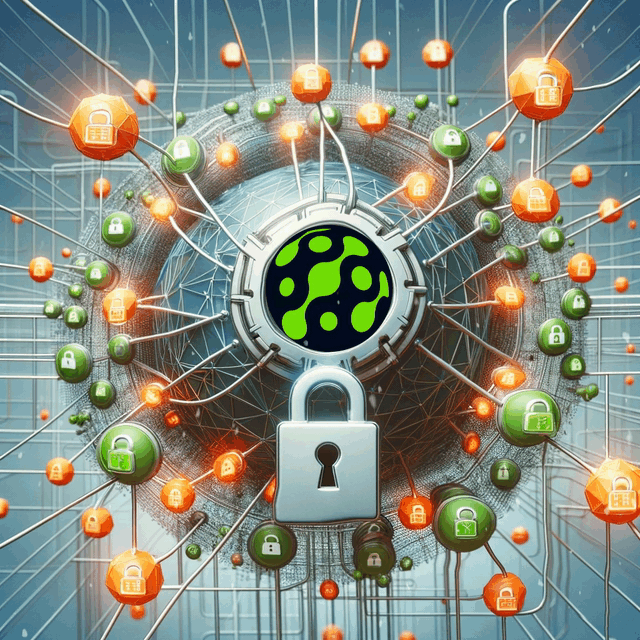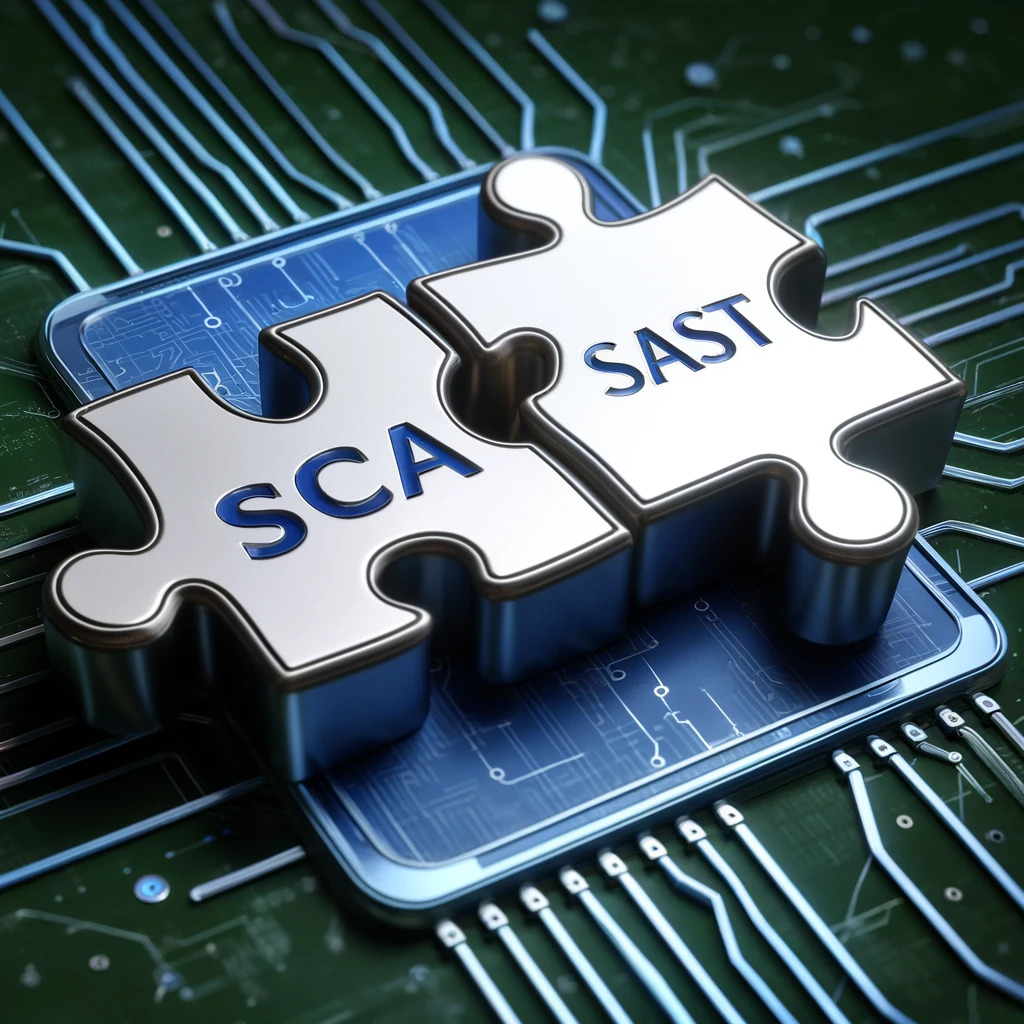Compliance isn't about checking off legal boxes; it's about protecting your business from hidden risks lurking beneath the surface of your codebase. If you don’t know what’s in your software, you don’t know what you’ve agreed to.
Threatrix Blog
Enterprise open source security & compliance
Results for:
ClearCategory: SOFTWARE BILL OF MATERIALS
Clear

In software development, where the fusion of creativity and technology crafts the backbone of the digital world, the quest for maintaining legal compliance and security amidst a sea of open-source integration has never been more pivotal. A Software Bill of Materials (SBOM) is a crucial report in this landscape, offering an exhaustive list of all software components. However, the true efficacy of an SBOM isn’t a subpar tool that creates a report; it is the accuracy of the data provided, especially regarding snippet-level license detection with the use of AI development tools. As AI systems become increasingly complex and integral to business operations, the need for transparency in software components becomes more crucial.

Software development is not just about creating code but ensuring that it complies with various open source regulatory and security standards. As software supply chains become more complex with AI development tools and intertwined with open-source components and third-party services, robust supply chain compliance has never been more critical.

Having researched the importance of securing your company’s intellectual property, you have started down the road towards what tools work best for securing it. Let’s look at the three most common tools companies should consider purchasing and where best to allocate your cybersecurity funds. The three most popular tools are SCA, SAST, and DAST.

The most critical challenge your organization faces when choosing a software composition analysis (SCA) vendor is understanding that some miss up to 60% of the open source, exposing your organization to security and licensing risks. We’re also seeing challenges surrounding the accuracy of the results.